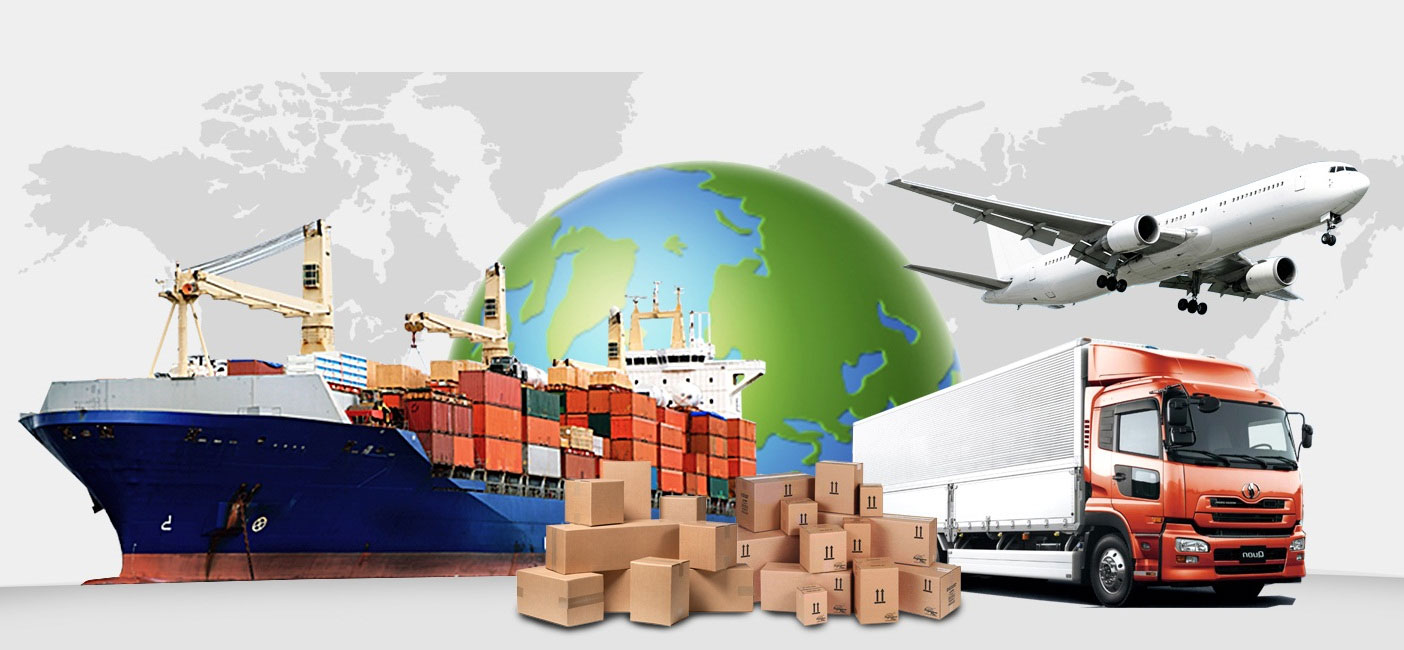December 24,2024
Total Logistics Solutions (TLS) refers to an integrated approach to managing the entire supply chain, including transportation, warehousing, inventory management, distribution, and related services. Adopting a TLS model offers numerous benefits to businesses across various industries. Here are some key advantages:

1. Improved Efficiency
- Streamlined Processes: TLS integrates multiple logistics functions into a single, cohesive system, eliminating redundancies and improving the flow of goods and information. This helps in reducing lead times, speeding up delivery, and minimizing bottlenecks.
- Automation: Many TLS providers leverage advanced technologies (e.g., AI, IoT, automation) to optimize processes such as routing, tracking, and inventory management, leading to better operational efficiency.
2. Cost Reduction
- Economies of Scale: By bundling services like transportation, warehousing, and inventory management, businesses can take advantage of bulk pricing and reduced operational costs. The centralization of logistics functions often leads to lower overall expenses.
- Optimized Resource Allocation: TLS providers can help optimize asset utilization (e.g., trucks, warehouses), reduce empty miles in transportation, and minimize stock-outs or overstock situations.
3. Greater Flexibility
- Scalable Solutions: TLS providers offer scalable services, allowing businesses to adjust their logistics needs as they grow or experience fluctuations in demand. This is especially helpful in handling seasonal spikes or entering new markets.
- Tailored Services: TLS providers often customize solutions to suit specific business requirements, ensuring that each aspect of logistics is aligned with the company’s needs.
4. Enhanced Visibility and Transparency
- Real-Time Tracking: Many TLS solutions include advanced tracking systems that provide end-to-end visibility over the supply chain. This helps companies monitor their shipments, inventory, and overall logistics performance in real-time.
- Data Analytics: TLS often involves the collection and analysis of vast amounts of data, allowing businesses to gain valuable insights into their logistics operations. This can lead to better decision-making, improved forecasting, and more accurate planning.
5. Risk Mitigation
- Reduced Disruptions: By leveraging multiple logistics solutions (e.g., multi-modal transportation, warehouse management systems), businesses are better positioned to handle disruptions, whether they are caused by weather, strikes, or unexpected demand changes.
- Compliance and Security: TLS providers often have expertise in regulatory compliance and security protocols, ensuring that shipments meet legal requirements and are delivered securely.
6. Better Customer Experience
- Faster Delivery: With optimized logistics networks, businesses can shorten delivery times, improving customer satisfaction.
- Reliability: TLS providers focus on creating stable and predictable delivery schedules, which helps reduce delays and enhances the reliability of the supply chain.
7. Focus on Core Competencies
- Outsourcing Logistics: By outsourcing logistics operations to a TLS provider, companies can focus on their core business activities, such as product development, marketing, and sales, rather than dealing with the complexities of supply chain management.
- Expertise: TLS providers bring specialized knowledge and experience, which helps improve the overall quality and effectiveness of logistics operations.
8. Sustainability
- Greener Practices: TLS providers often implement more sustainable practices, such as optimizing delivery routes, using eco-friendly packaging, and reducing carbon emissions. This can improve a company’s environmental footprint and help meet sustainability goals.
- Waste Reduction: By improving inventory management and transportation, TLS can reduce waste and inefficiencies, leading to better use of resources.
9. Global Reach
- Cross-Border Solutions: TLS providers can manage international logistics, ensuring that companies are equipped to handle customs, documentation, and regulatory requirements across different countries.
- Integrated Network: TLS allows businesses to leverage a global network of carriers, suppliers, and partners, facilitating smoother operations across borders.
10. Innovation and Technology Adoption
- Technology-Driven Solutions: TLS providers often adopt the latest logistics technologies such as AI-driven demand forecasting, blockchain for secure transactions, and autonomous vehicles. These innovations help businesses stay competitive in a rapidly changing marketplace.
- Continuous Improvement: TLS providers typically focus on continuous improvement, optimizing processes and integrating emerging technologies to improve operational performance.
11. Competitive Advantage
- Agility: With TLS, businesses can react faster to changes in customer demand, supply chain disruptions, and new market opportunities, giving them an edge over competitors who may rely on less integrated logistics models.
- Cost Leadership: By reducing operational costs and improving efficiency, companies can lower product prices or invest in other areas, which can enhance their competitive positioning.
12. Consolidation of Vendors
- Fewer Contracts: TLS minimizes the need for multiple vendors, reducing administrative overhead, and simplifying communication. This also helps maintain better relationships with fewer, more reliable partners.
- Unified Service: One point of contact for all logistics-related services makes coordination easier and reduces the potential for errors.
In summary, adopting Total Logistics Solutions can lead to improved operational efficiency, cost savings, and enhanced customer service, all while offering greater flexibility and scalability. It can also help businesses remain competitive in an increasingly complex and globalized market.
admin
By thinking on behalf of our clients every daywe anticipate what they want provide what they need & build lasting relationships.

